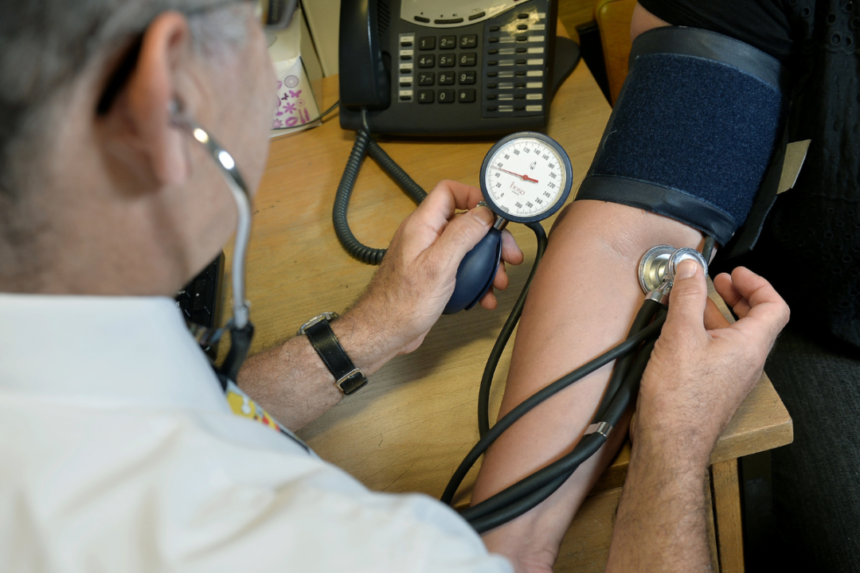The decision to undertake industrial action was made by GPs in England following disagreements over a new contract for family doctor services. The British Medical Association (BMA) announced that 98.3 percent of GPs voted in favor of collective action starting on August 1. The action will include various measures such as limiting patient contacts and refusing to share patient data unless necessary.
The BMA expressed concerns over the new GP contract, citing inadequate funding increases that could jeopardize the viability of many surgeries. Dr. Katie Bramall-Stainer, chairwoman of the BMA’s GP committee, highlighted the challenges faced by practices in hiring staff and keeping their doors open.
Despite the industrial action, the BMA assured patients that safe services will still be delivered. However, organizations like The King’s Fund warned that the action could have a significant impact on patients, leading to increased pressure on other healthcare services.
In response to the GP strike, the government announced plans to allow practices to use funds to hire over 1,000 newly qualified GPs. Additionally, GPs’ salaries would see a 6 percent increase as recommended by the Pay Review Bodies.
The industrial action by GPs follows recent strikes by junior doctors, reflecting ongoing disputes over pay and working conditions. The impact of these strikes on healthcare services is expected to be felt for some time, with negotiations ongoing between healthcare professionals and the government.
Emma Runswick expressed that the offer was a positive development, however, she also emphasized that it may not be sufficient to address all the challenges encountered by the profession.
PA Media contributed to this report.




